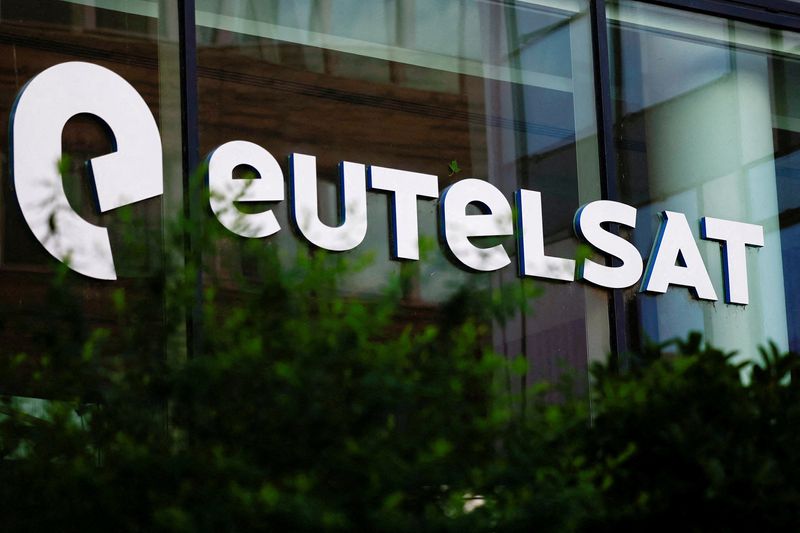By Foo Yun Chee
BRUSSELS (Reuters) - EU countries and European Parliament lawmakers are likely to reach a deal on a 6-billion-euro ($6 billion) satellite internet system next week, people familiar with the matter said on Wednesday, driven by the bloc's push to cut its dependency on foreign companies and the Ukraine war.
The European Commission announced the initiative to build and operate a satellite internet system in February, part of EU industry chief Thierry Breton's campaign for strategic autonomy.
The EU scheme comes amid growing concerns about Russian and Chinese military advances in outer space and a surge in satellite launches.
Having its own satellite internet system could help the bloc speed up the rollout of broadband internet in Europe while it would also cover Africa, allowing the EU to offer countries there an alternative to Chinese competitors
A space-based network could back up terrestrial networks in the event of major outages or disasters, and offer connections in places not covered by traditional service providers.
Officials from EU countries and EU lawmakers will meet on Nov. 17 in what is expected to be the last meeting to thrash out final details, the people said.
There is still disagreement on where the funding for the project will come which means another meeting could not be ruled out, they said.
The Commission wants to divert 2.4 billion euros from various EU programmes and use unspent money from other EU projects, while the private sector is expected to stump up the remaining 3.6 billion euros.
The proposed satellite internet system could lead to the construction and launch of up to 170 low orbit satellites between 2025 and 2027.
The companies active in this area include Elon Musk's SpaceX, Amazon (NASDAQ:AMZN)'s Kuiper Systems and British satellite company OneWeb. China also has its own constellation project.

European players include France's Eutelsat Communications (OTC:EUTLF), the world's third-biggest satellite operator by revenue which is merging with Britain's OneWeb, Arianespace and Thales Alenia Space.
($1 = 0.9979 euros)